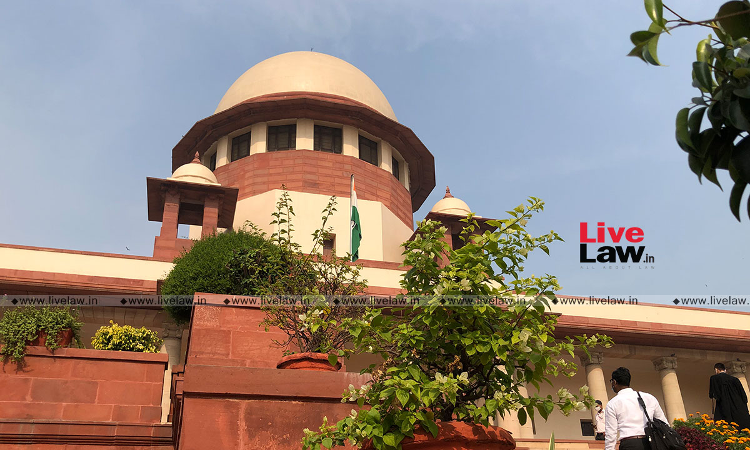Section 436A CrPC Applicable To Special Acts In Absence Of Any Specific Provision : Supreme Court
LIVELAW NEWS NETWORK
13 July 2022 7:13 PM IST

Next Story
13 July 2022 7:13 PM IST
The Supreme Court observed that Section 436A of the Code of Criminal Procedure would apply to the Special Acts also in the absence of any specific provision.The bench comprising Justices Sanjay Kishan Kaul and MM Sundresh also added that this provision requires mandatory compliance and there is not even a need for a bail application in a case of this nature particularly when the reasons for...
